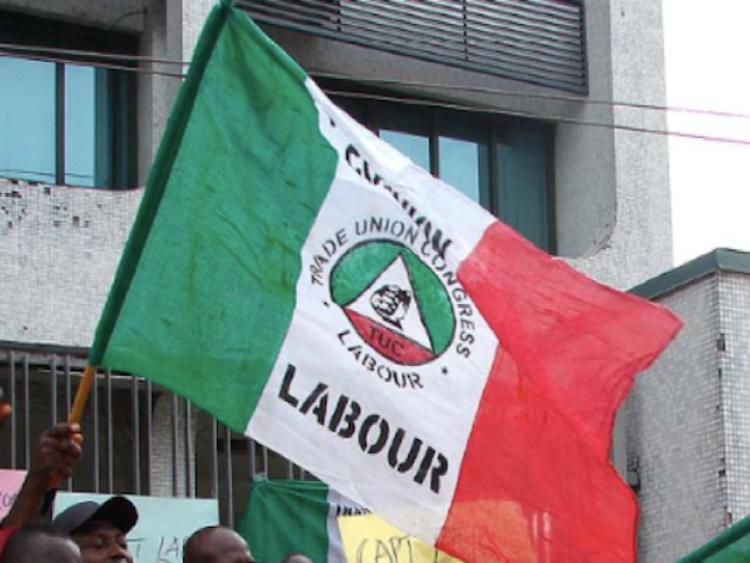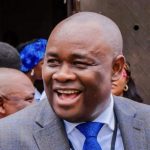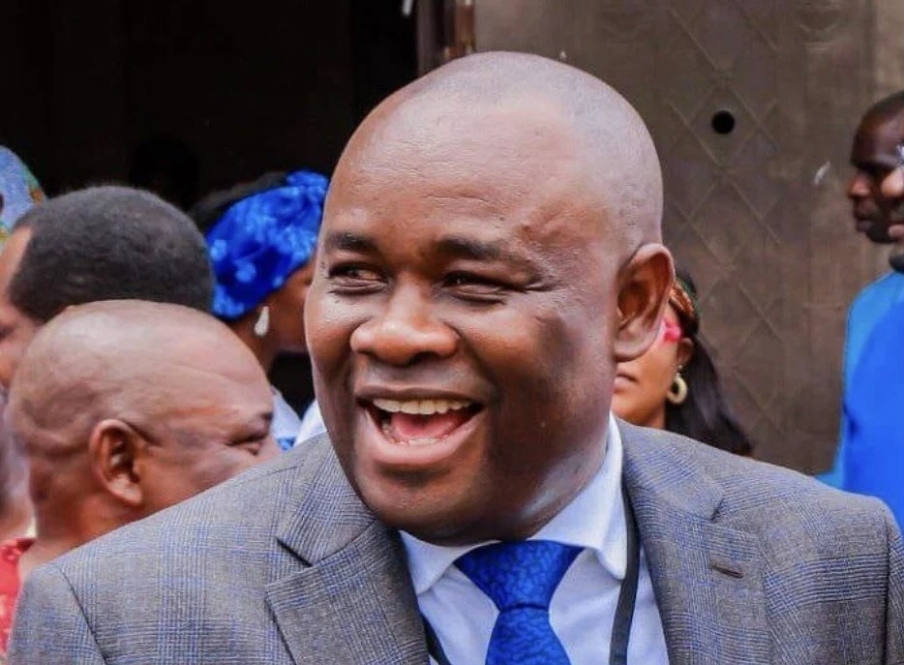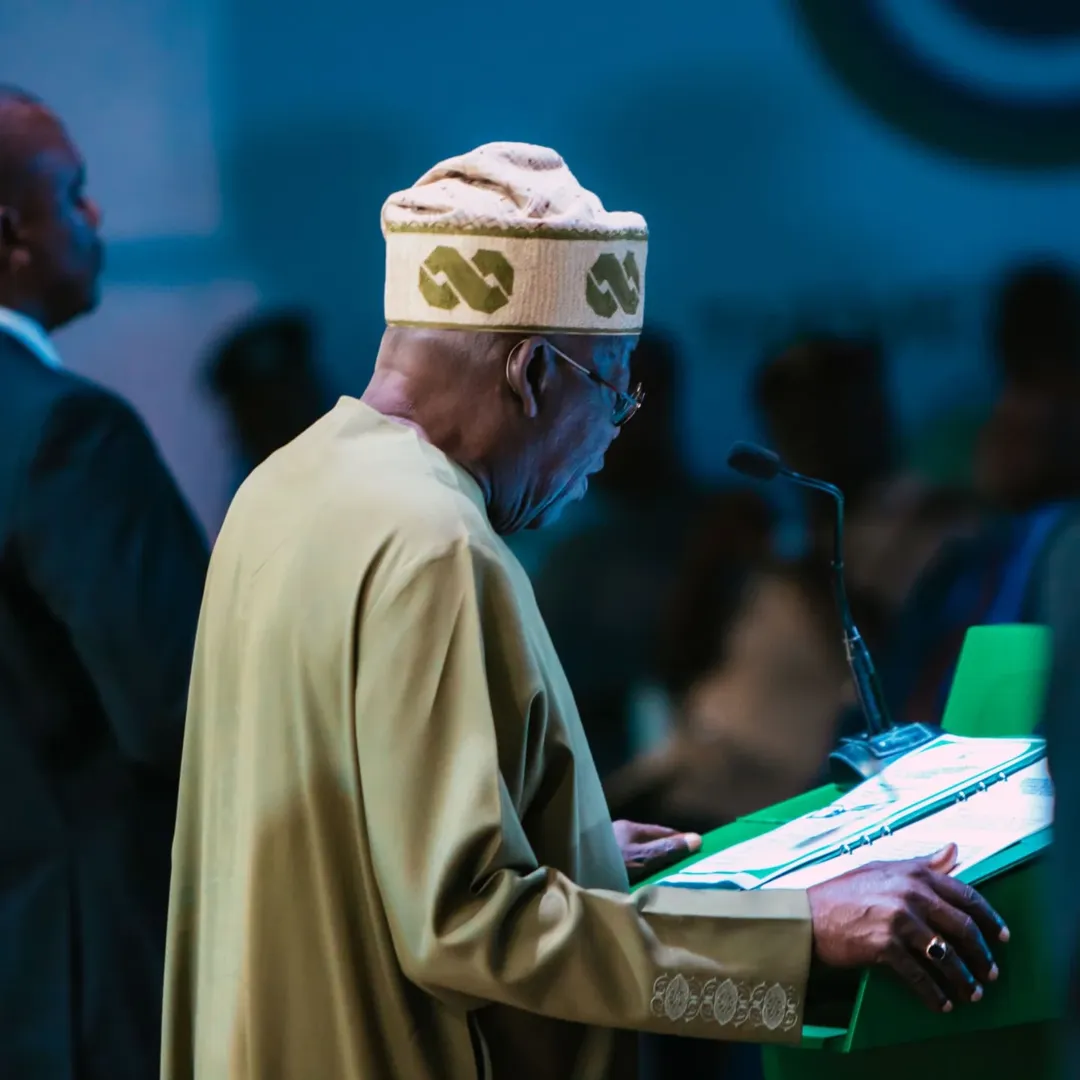The Nigeria Labour Congress (NLC) has strongly criticized the Federal Government’s decision to approve a 50 percent increase in telecommunication tariffs, calling it an unfair additional burden on Nigerian workers and the people.
According to the NLC, this move is a direct attack on citizens’ welfare, prioritizing corporate interests over people’s needs.
This decision has sparked widespread outrage, with many arguing that it will exacerbate the already difficult economic conditions faced by Nigerians.
The NLC has urged the government to reconsider this decision, emphasizing that telecommunication services are essential for daily life, work, and access to information.
In a statement on Wednesday emailed to Persecondnews, the NLC argued:” “Telecommunication services are essential for daily communication, work, and access to information, yet an average Nigerian worker already spends approximately 10 percent of their wages on telecom charges.
“With the proposed hike, a worker earning the minimum wage of ₦70,000 would see their telecom expenses increase from ₦7,000 to ₦10,500 per month, an unsustainable cost.”
The NLC president Joe Ajaero said:”NLC is not opposed to a tariff review but disagrees with the approved rate of increase. The organization called on the government, the Nigerian Communications Commission (NCC), and the National Assembly to stop the implementation of the hike and engage in a reasonable conversation around it.”
The NLC also urged citizens to prepare for collective action, including a nationwide boycott of telecommunication services, to compel the reversal of the punitive increase.
Other organizations, including the Trade Union Congress of Nigeria (TUC), the Coalition of Northern Groups (CNG), and the Human Rights Writers Association of Nigeria (HURIWA), have also condemned the tariff hike.
The TUC described the hike as “outrageous” and “unhealthy,” while the CNG rejected the hike as “ill-timed” and “an assault on the dignity and livelihoods of the people.”
HURIWA accused the government of suppressing freedom of expression and access to information.
The National Association of Telecom Subscribers (NATCOMS) and the Socio-Economic Rights and Accountability Project (SERAP) have threatened to challenge the decision in court if it is not reversed.
NATCOMS argued that a marginal increase of between 5 percent and 10 percent would be more acceptable, rather than the proposed 50 percent hike.























Leave a comment